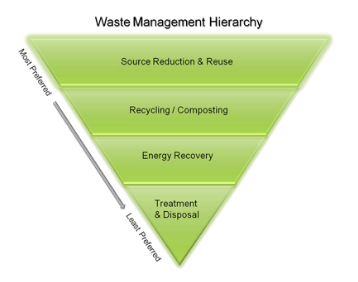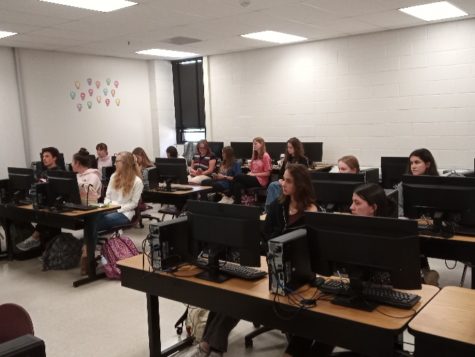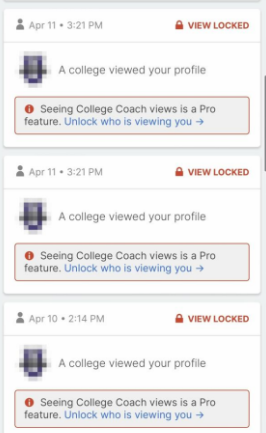Lee’s Lookout: birth control
October 4, 2016
Sex. Taboo to some, sex is an integral part in society and to the function of human beings. In effect, after the traditional contraceptive of abstinence fails us all, most of us will have sex at some point, and be sure to use adequate birth control and protection against STDs—at least that’s what our health teachers.
In reality, many of the contraceptive options available are hidden from and disregarded by teenagers. There’s the pill and condoms, end of story. Rarely do students hear of the alternative methods such as IUDs, cervical caps, vaginal rings, patches, diaphragms, etc., methods that can be equally or even more effective than the conventional types.
Over the course of a year, around 9 out of 100 women may get pregnant while using the vaginal ring, while double that amount, 18 out of 100 women, may get pregnant while having intercourse using a male condom only (girlshealth.gov). The ring, however, does not protect against STDs, posing a conflict of priorities.
“I would think I haven’t heard of the others since they are not really portrayed often in the media,” Abby Kink (’20) said, on the subject of other alternate contraceptive methods. “When talking to parents I find birth control pills to be the center of attention.”
Birth control pills are effective, but it can take a while to find a chemical composition that works best for your body. The pill commonly can give initial side effects such as nausea, headaches, and mood changes, but nevertheless protect you from unplanned pregnancy.
The public concern of unplanned pregnancy and STDs raises the controversial question of whether or not schools should offer contraceptive methods and if nurses should carry condoms and different forms as a resource for students.
I believe information should be readily available in the nurse’s room, but not necessarily openly offered,” Klink said. “I think kids could easily take advantage of the situation.”
As an alternative, Klink says “should a student be in need, I think it would absolutely appropriate for a nurse to tell the kid their options and where/how to get it.”
Billy Reynolds (’17) on the other hand commented that “nurses should probably carry contraceptives.” “Not everyone has sex in high school,” Reynolds said, “but enough kids do… so I think it’s a good investment. It’ll also might get students closer to their nurse, which can be an important relationship for some people.”
The female birth control market seems to provide more options than that of males, but some believe it’s just as important for guys to be as informed about female contraceptives.
“Sex is a mutual thing and it’s important to know all the options to make it as comfortable for both parties,” Reynolds said, adding the point that “if somebody is allergic to latex or something, its good know other options.”
Regardless of how you go about contraception, or whether or not you perceive needing it now or in the near future, it is important to stay informed of your options and the newest methods. Know your resources and stay safe.























